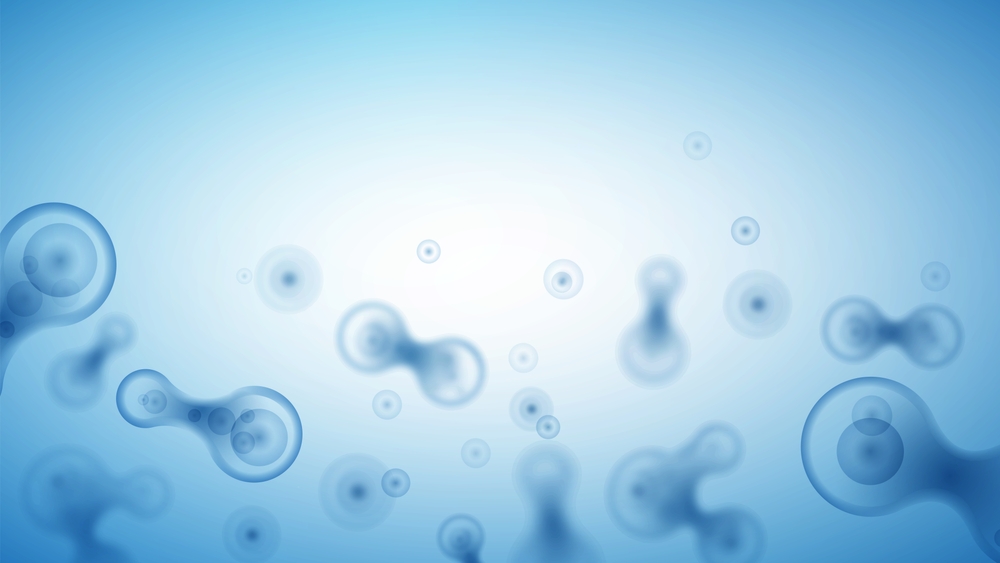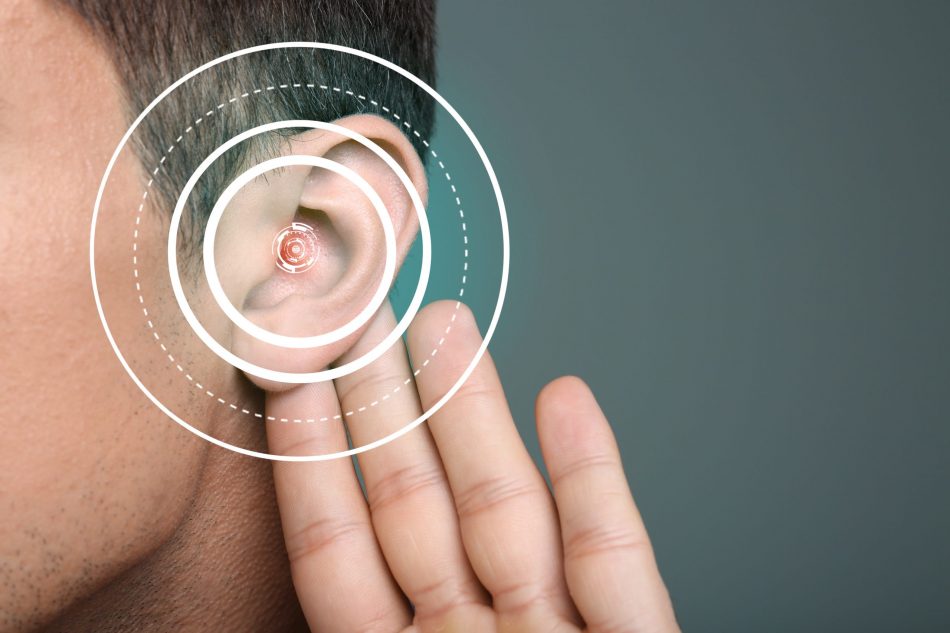
Meet Liesel, the first gorilla to receive novel stem cell therapy for arthritis
Liesel, the elderly gorilla matriarch at the Budapest Zoo, benefited from a groundbreaking method in animal healthcare. A stem-cell therapy directed by Professor Mark Wilkinson of the University of Sheffield alleviated Liesel's arthritis pain, giving a potential cure that exemplifies modern Read More...

New regenerative therapy reverses hearing loss
We don’t really appreciate how important hearing is until it starts diminishing. Those with hearing loss and their loved ones might realize then that this is an essential part of most people's communication and connection. Biotech company Frequency Therapeutics has found a way to reconnect those Read More...

BU-led team aims to treat heart disease by growing new heart tissue
The heart is arguably the hardest-working and most important organ in the body. Starting the moment it’s formed in the womb the heart has to keep working for the rest of our lives. What’s more daunting is that the heart can’t repair itself. Once a ventricle or aorta is damaged, the heart just Read More...

This miniature heart could help cure heart disease
The heart, in a way, is the body's motor. Its job is to pump and circulate blood around the body to provide oxygen to all of our other tissues. Because of its key role, cardiac trouble and dysfunction mean serious health concerns. This is responsible for one in every four deaths annually in the Read More...

Can stem cells cure the leading cause of blindness?
We have covered the pursuit for the cure to blindness a great deal at The Optimist Daily. The research and development around retinal implants and gene therapy for blind people is eclectic and ever-growing. Scientists have developed methods in gene editing and even using algae to help people see Read More...

Scientists gain ground in the race to reverse aging
So many of us do so much to keep ourselves healthy and live long lives. We exercise, we hydrate, we eat right, and we avoid harmful substances. There are so many things we can do to keep ourselves vital for a long time — there are whole industries aimed just at making us look fit — but time Read More...

Scientists grow an artificial fish from human heart cells
From this headline you probably have a lot of questions, so let us explain. This seemingly crazy science experiment was carried out by a collaboration between Harvard University and Emory University, with the end goal of growing an artificial heart that pumps on its own. "Our ultimate goal is to Read More...

Lab-grown tear glands enable scientists to better understand how we cry
In a world-first, scientists in the Netherlands have managed to grow disembodied tear glands that can cry. That’s right, a team of researchers from the Hubrecht Institute and UMC Utrecht has successfully created a lab-grown version of the glands responsible for keeping your eyes lubricated. The Read More...

Yale scientists use patients’ own stem cells to repair injured spinal cords
Spinal cord injuries can cause serious damage to a person’s motor functions. To make matters worse, the spinal cord is one of the few parts of the body without the ability to repair itself. Recently, scientists at Yale University attempted to repair the injured spinal cords of patients via Read More...

Lab-grown mini hearts could help scientists treat cardiovascular diseases
One of the biggest challenges facing research around how the human heart develops is access to a developing heart. That may no longer be a problem thanks to a team of scientists who have created the first-ever functional miniature human heart in the lab. Grown from stem cells, the human heart Read More...


